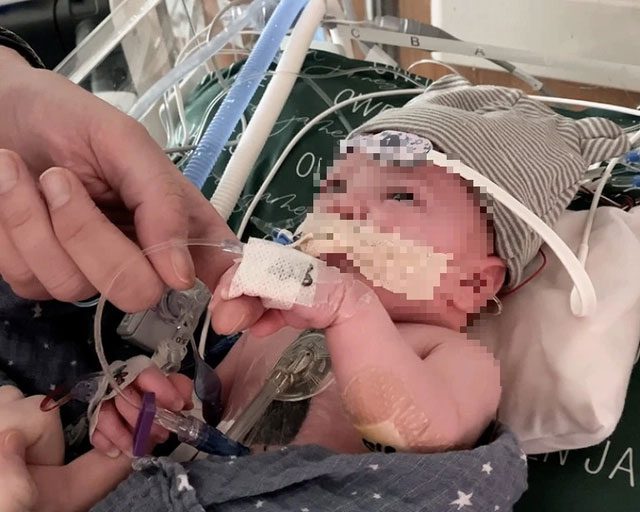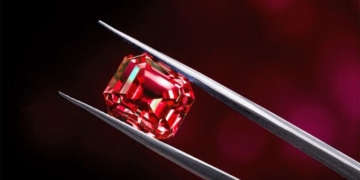A recent scientific report published in JAMA has confirmed the success of a historic partial heart transplant.
According to Science Alert, the patient, Owen Monroe, received a partial heart transplant – including heart valves and blood vessels – from another newborn donor just 18 days old.
The groundbreaking surgery took place in 2022, but doctors had to wait to see how Owen’s body adapted to the transplant before concluding whether the procedure was successful.
The study recently published in JAMA has confirmed that the results exceeded expectations.

Doctors confirm Owen’s heart function is currently very good.
More than a year after the transplant, Owen’s heart – which was only the size of a strawberry during surgery – has increased in size. The donated tissues have also developed evenly.
Doctors affirm that Owen’s heart function is currently very good. General health checks indicate that he is reaching the developmental milestones of a normal one-year-old child.
Owen is the first baby to receive a partial heart transplant. Before this procedure was performed on humans, lead surgeon Joseph Turek (Duke University) and his team successfully tested it on five piglets.
According to Dr. Turek, the success with Owen will pave the way for other surgeries to save other children.
This procedure also helps reduce the risks associated with a full heart transplant for children who only have partial heart damage.
Newborns requiring complete heart transplants often struggle to survive past the age of 20, as transplanted hearts, while they do develop, gradually face functional disorders.
Since only a part of the heart was transplanted, Owen only needs to take half the dosage of anti-rejection medication compared to children who receive full heart transplants.
This is highly beneficial because anti-rejection drugs also suppress the immune system, making patients more susceptible to various pathogens, including viruses, bacteria, and cancer.
Previously, Owen had been placed on the heart transplant list and was expected to have a difficult time surviving after six months without finding a suitable organ donor. Since birth, he had relied on supportive machines, including an extracorporeal membrane oxygenation (ECMO) device.




















































